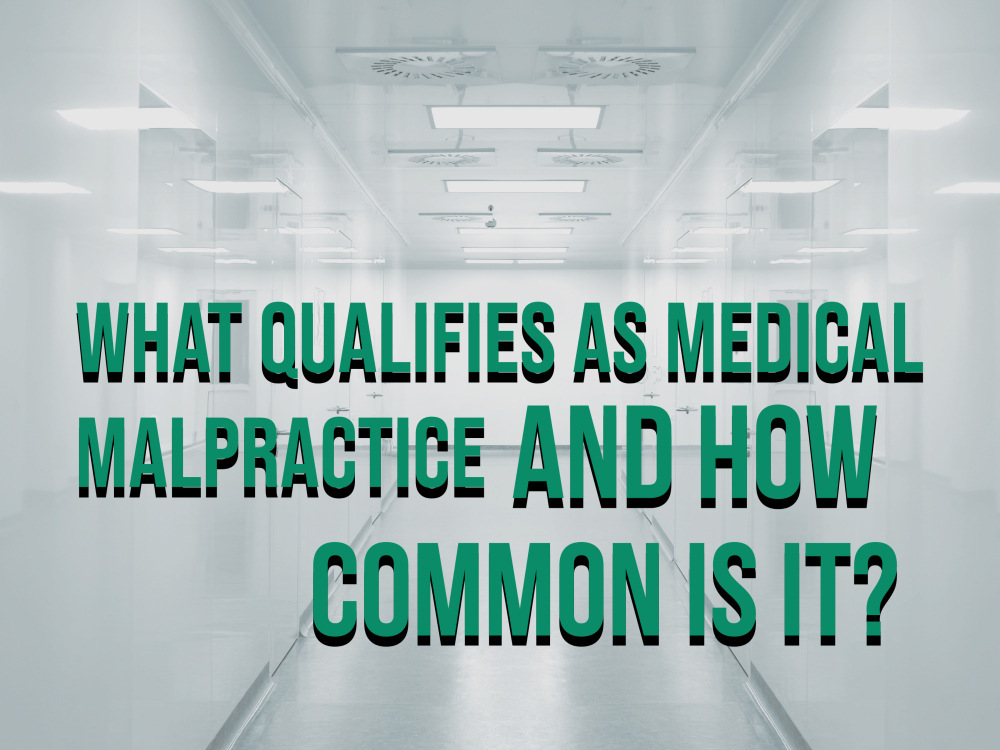What Qualifies as Medical Malpractice—and When Should You Contact a Lawyer?

Medical professionals are trusted to protect our health, but when they make careless or avoidable mistakes, the consequences can be life-altering. If you or a loved one has suffered due to poor medical care, you might be wondering: Was this medical malpractice? And if so, should I talk to a lawyer?
At CatastrophicallyInjured.com, we help injury victims understand their legal rights and connect them with experienced attorneys who specialize in complex, high-stakes cases. Here’s what you need to know about malpractice—and when to seek legal counsel.
What Is Medical Malpractice?
Medical malpractice occurs when a healthcare provider—such as a doctor, nurse, surgeon, or hospital—fails to provide care that meets the accepted standard, and that failure leads to injury, illness, or even death.
To qualify as malpractice, four key elements are typically required:
-
Duty of Care – The provider had a responsibility to treat the patient.
-
Breach of Duty – The provider failed to meet the standard of care.
-
Causation – The breach directly caused harm to the patient.
-
Damages – The patient suffered financial, physical, or emotional losses.
Common Examples of Medical Malpractice
Medical malpractice can take many forms. Some of the most common include:
-
Misdiagnosis or Delayed Diagnosis – Failing to diagnose a serious condition like cancer, stroke, or infection.
-
Surgical Errors – Performing the wrong procedure, operating on the wrong site, or leaving instruments inside the body.
-
Medication Errors – Prescribing the wrong drug or dosage, or failing to check for allergies or interactions.
-
Birth Injuries – Harm to a mother or baby during pregnancy or delivery due to poor monitoring or decision-making.
-
Failure to Treat – Discharging a patient too early or ignoring critical symptoms.
If your experience involves any of these scenarios, you may have a valid medical malpractice claim.
When Should You Contact a Medical Malpractice Attorney?
The best time to contact a lawyer is as soon as you suspect something went wrong with your medical care. Malpractice cases are time-sensitive and legally complex. The sooner you act, the better your chances of protecting your rights and building a strong case.
You should seek legal counsel if:
-
Your condition worsened after receiving care
-
You were misdiagnosed or not diagnosed at all
-
You experienced unusual complications after surgery
-
A loved one died unexpectedly under medical care
-
You suspect your provider wasn’t honest or transparent
-
You’ve received unexpected medical bills due to provider error
Even if you’re unsure, a consultation with an experienced attorney can help clarify whether malpractice occurred and what your next steps should be.
Why Acting Quickly Matters
Every state has a statute of limitations for filing a medical malpractice claim. In Pennsylvania, for example, the deadline is typically two years from the date the injury was discovered—or should have been discovered. Missing this deadline could mean losing your right to compensation entirely.
Additionally, evidence can disappear, medical records can be altered, and witnesses can forget key details. By contacting a law firm early, you increase your chances of a successful outcome.
